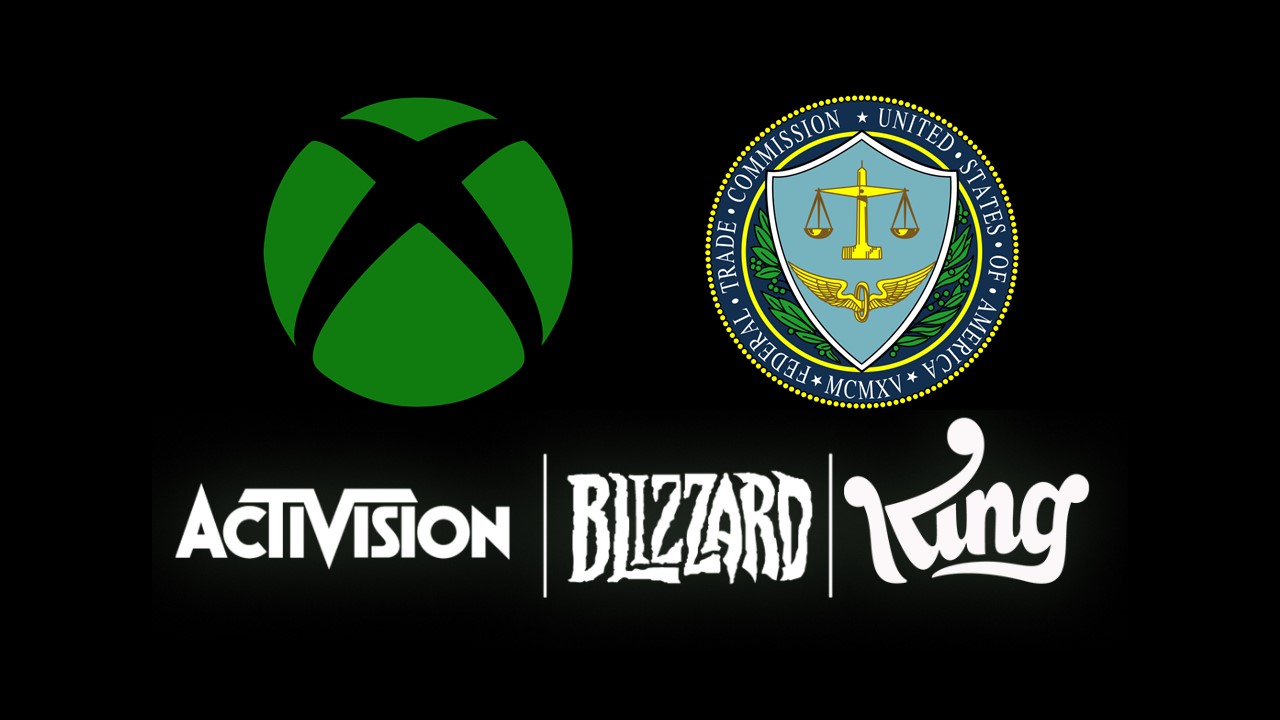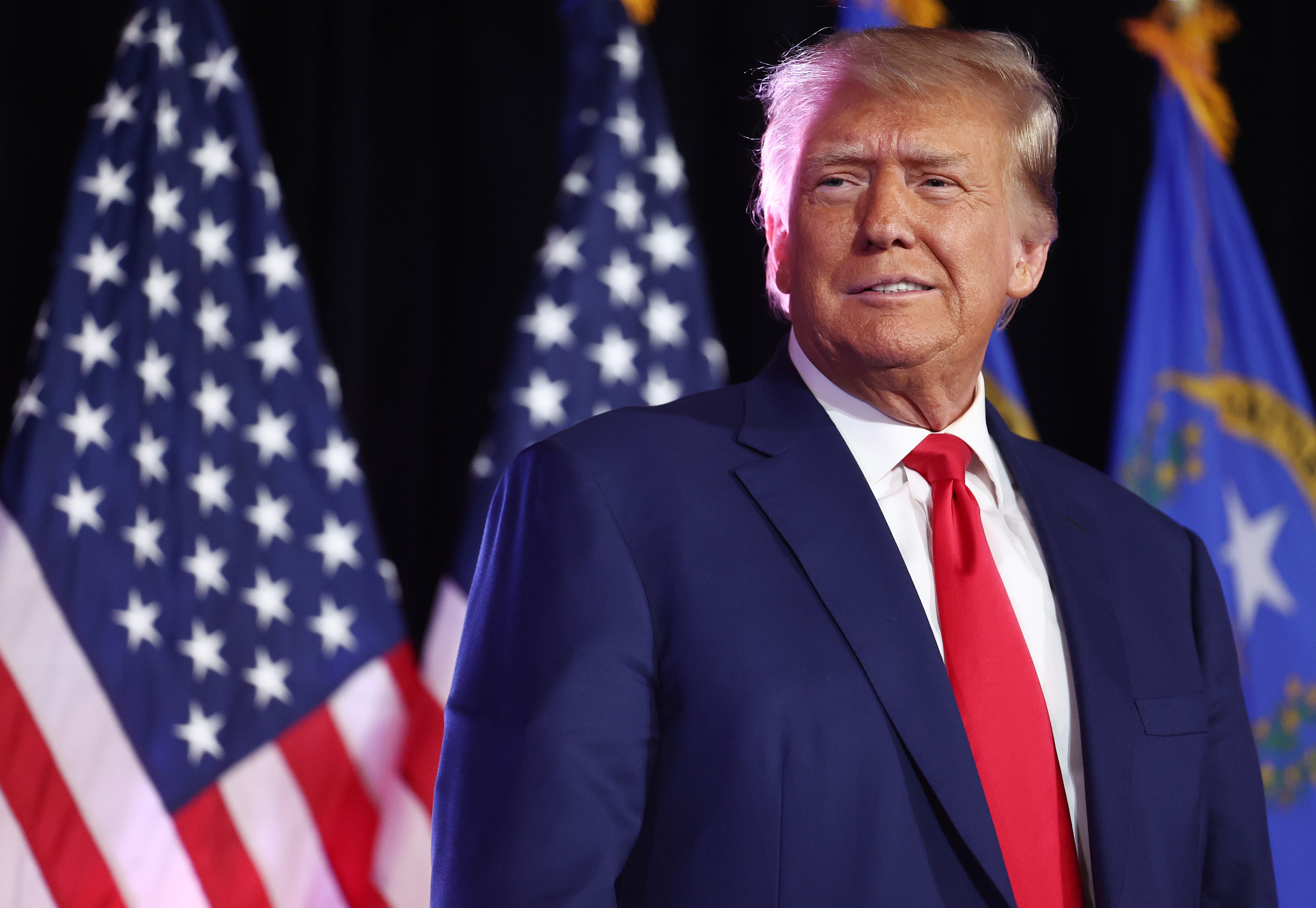FTC Challenges Court Ruling On Microsoft's Activision Blizzard Purchase

Table of Contents
The FTC's Arguments Against the Microsoft-Activision Blizzard Merger
The FTC's antitrust lawsuit centers on concerns that the Microsoft-Activision Blizzard merger would significantly reduce competition within the gaming industry, particularly in the burgeoning cloud gaming market. Their primary argument hinges on Microsoft's potential to leverage its market power to harm competitors.
- Monopoly Concerns: The FTC argues that Microsoft acquiring Activision Blizzard, a major game publisher, would grant Microsoft an unfair advantage, potentially leading to a monopoly. This could stifle innovation and limit consumer choice.
- Game Exclusivity: A key element of the FTC's case revolves around the potential for Microsoft to make popular Activision Blizzard titles, most notably Call of Duty, exclusive to its Xbox ecosystem. This could severely disadvantage competitors like Sony PlayStation and Nintendo Switch, driving gamers towards the Xbox platform.
- Evidence and Testimony: The FTC presented extensive evidence, including market analysis and expert testimonies, to bolster their claims of anti-competitive behavior. They highlighted Microsoft's past history of acquiring studios and making games exclusive, painting a picture of a strategic pattern aimed at dominating the market.
- Impact on Pricing and Innovation: The FTC further argues that reduced competition would lead to higher game prices and less innovation in the gaming industry as a whole, ultimately harming consumers.
The Court's Initial Ruling and its Rationale
A federal court initially ruled in favor of Microsoft, dismissing the FTC's antitrust concerns and allowing the acquisition to proceed. The judge's opinion emphasized several key aspects:
- Insufficient Evidence: The court found that the FTC had not presented sufficient evidence to demonstrate that the merger would substantially lessen competition. The judge questioned the FTC's market definition and the likelihood of Call of Duty becoming exclusive.
- Microsoft's Commitments: Microsoft had offered concessions, including agreements to keep Call of Duty available on various platforms, which the court viewed favorably. These commitments aimed to alleviate the FTC's concerns about exclusivity.
- Legal Precedents: The court’s decision cited established legal precedents related to antitrust law and mergers, emphasizing the need for a high burden of proof for the FTC to demonstrate substantial harm to competition.
- Procedural Aspects: The court also addressed various procedural matters related to the FTC's legal arguments and the presentation of evidence.
The FTC's Appeal and its Potential Implications
Undeterred by the initial court ruling, the FTC has filed an appeal. This appeal process will involve further legal challenges and arguments before a higher court. The potential implications are significant:
- Appeal Outcome: The appeal could result in either upholding the initial ruling or overturning it, potentially blocking the merger entirely. This uncertainty creates significant regulatory uncertainty for Microsoft and the gaming industry.
- Antitrust Enforcement: The case sets a precedent for antitrust enforcement in the tech industry, particularly within the rapidly evolving gaming sector. The outcome will shape the future approach to regulating mergers and acquisitions within the industry.
- Future of Gaming Mergers: This case will undoubtedly influence future mergers and acquisitions in the gaming sector, raising questions about the feasibility and scrutiny involved in such large-scale transactions.
- Global Implications: The implications extend beyond the US, as this case sets a potential benchmark for other jurisdictions considering similar antitrust cases in the gaming industry.
The Role of Call of Duty in the Dispute
Call of Duty stands as a central piece in the FTC's case against the merger. Its immense popularity and cross-platform presence make it a critical factor in the debate.
- Exclusivity Concerns: The FTC's primary concern revolves around Microsoft potentially making Call of Duty exclusive to Xbox, damaging competition. This would severely impact Sony PlayStation and its user base, forcing a significant shift in the market.
- Console Wars: The case is framed within the context of the ongoing "console wars," highlighting the fierce competition between gaming platforms. Call of Duty's potential exclusivity underscores the strategic importance of this title.
- Cross-Platform Gaming: Call of Duty's current cross-platform accessibility is vital for maintaining a large and diverse player base. Restricting access would significantly impact players and the broader gaming community.
- Market Share Implications: Controlling Call of Duty would give Microsoft a considerable advantage in market share, potentially tipping the balance of power within the console gaming market.
Conclusion
The FTC's challenge to the court ruling on the Microsoft-Activision Blizzard acquisition represents a significant battleground in the ongoing debate surrounding antitrust concerns in the tech industry. The outcome of this appeal will have far-reaching consequences for the future of the gaming industry, shaping the landscape of competition and potentially impacting the experiences of millions of gamers. The case highlights the complexities of regulating mergers in rapidly evolving digital markets.
Call to Action: Stay informed about the ongoing developments in the FTC's challenge to the Microsoft Activision Blizzard acquisition. Follow the legal proceedings to understand the implications of this landmark case for the future of the gaming industry and competition. Understanding the intricacies of this Microsoft Activision Blizzard acquisition is crucial for anyone invested in the future of the gaming market.

Featured Posts
-
 Investigation Into Lingering Toxic Chemicals In Buildings After Ohio Train Derailment
Apr 22, 2025
Investigation Into Lingering Toxic Chemicals In Buildings After Ohio Train Derailment
Apr 22, 2025 -
 Trump Protests A Nationwide Uprising
Apr 22, 2025
Trump Protests A Nationwide Uprising
Apr 22, 2025 -
 U S China Relations A Breakdown And The Looming Cold War
Apr 22, 2025
U S China Relations A Breakdown And The Looming Cold War
Apr 22, 2025 -
 Kyivs Dilemma Weighing Trumps Plan To End The Ukraine War
Apr 22, 2025
Kyivs Dilemma Weighing Trumps Plan To End The Ukraine War
Apr 22, 2025 -
 Ohio Train Derailment Aftermath Prolonged Presence Of Toxic Chemicals In Buildings
Apr 22, 2025
Ohio Train Derailment Aftermath Prolonged Presence Of Toxic Chemicals In Buildings
Apr 22, 2025
